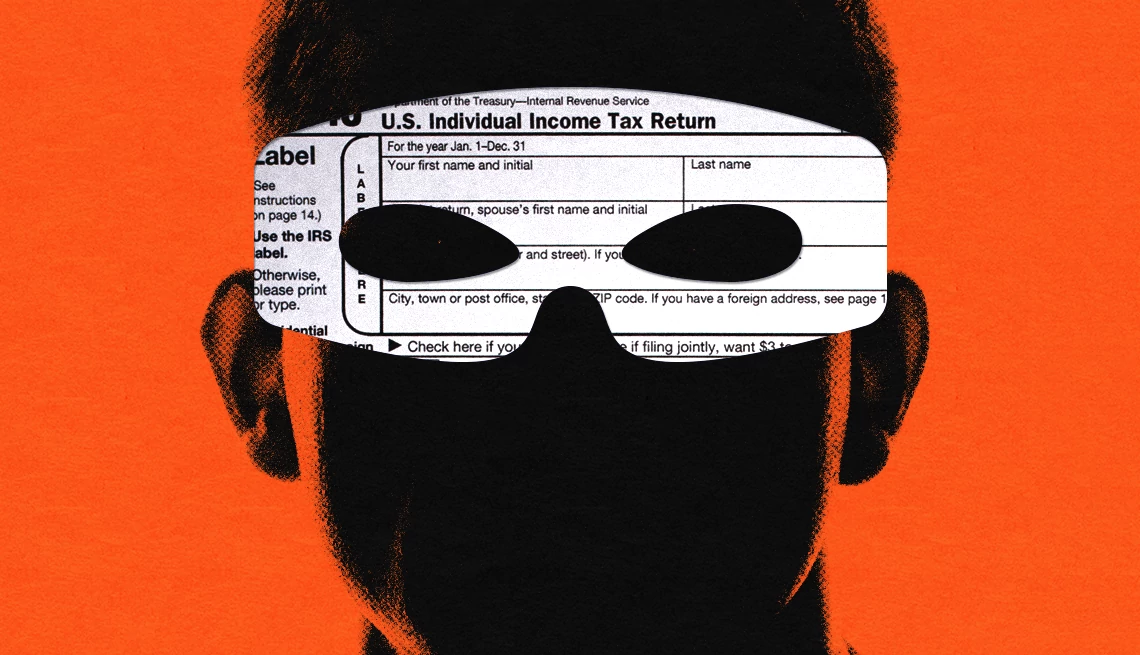Staying Fit


In this story
Scam stories • Common tactics • Red flags • Protect yourself • Report scams • Resources
You open a letter or email or receive a call claiming to be from the IRS. It says agents have been trying to reach you about an unpaid tax bill and a warrant is out for your arrest.
Tax scams can be simple: A scammer was convicted in 2024 in a Pennsylvania court for leaving a message claiming victims owed taxes, along with a U.S. phone number to call. Victims who called were routed to call centers in India where scammers told them to settle their debt with gift cards or other money transfer methods.


AARP Membership— $12 for your first year when you sign up for Automatic Renewal
Get instant access to members-only products and hundreds of discounts, a free second membership, and a subscription to AARP the Magazine.
Or criminals may weave an elaborate tale: Recent convictions include a case in Arizona where victims were told they won the lottery. Victims were then sent a fake IRS letter threatening to seize their assets if they did not pay taxes immediately. In Florida, a criminal impersonated various government agencies, including the IRS, and convinced victims they were suspects in money laundering or drug trafficking schemes. Victims were told that unless they paid immediately, they faced arrest and financial ruin.
Impostor scams — including romance scams — were the most common type reported in 2023, according to the Federal Trade Commission (FTC). People lost more than $394 million to government impersonation scams in 2023, an uptick of 63 percent from 2022, according to the FBI.




































































More on Scams and Fraud
How to Identify and Avoid Common Social Security Scams
Learn about tactics used in fraud and how to protect yourself
Is That Your Bank Contacting You — or a Scammer?
Criminals pretend to warn you about fraud while trying to steal your money
How, Why and When to Check (or Freeze) Your Credit Score
Monitoring your creditworthiness is key for tracking your financial health and spotting fraud